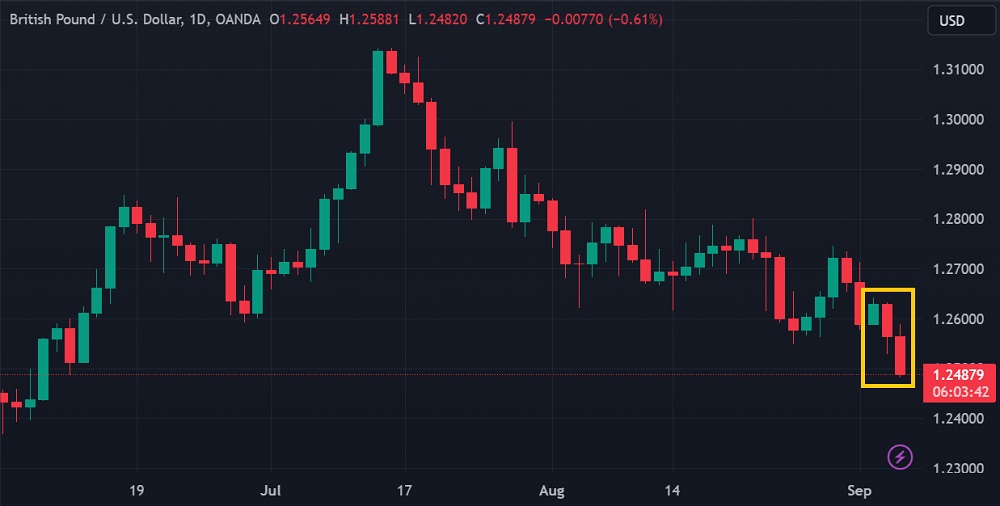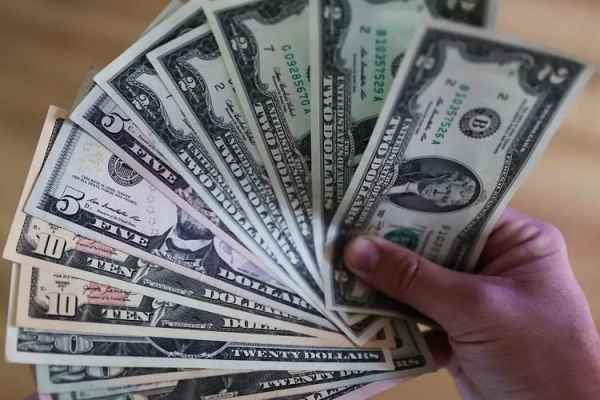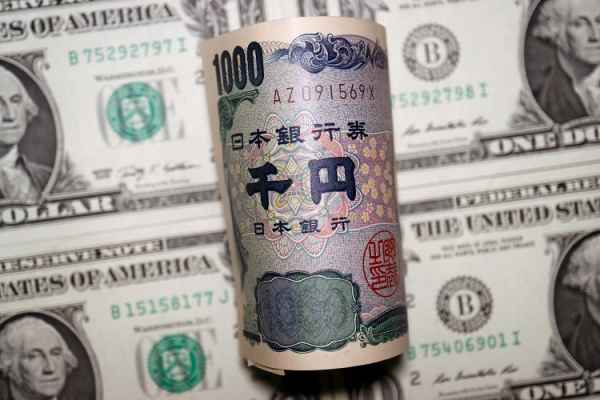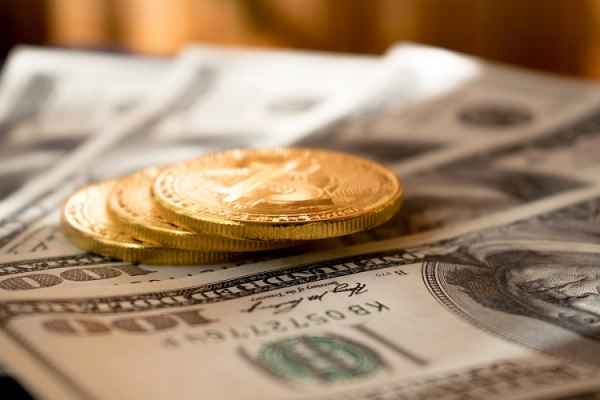Andrew Bailey delivered a dovish-toned testimony to the British Parliament, thus putting pressure on the pound sterling in GBP/USD and other currency pairs
The GBP/USD exchange rate has been plummeting since the beginning of the week, in line with growing market concerns about global growth prospects. It fell to the low 1.2480 during Wednesday's New York trading session as Bank of England (BoE) Governor Andrew Bailey delivered a dovish-toned testimony to the British Parliament.

Andrew Bailey stated that the BoE is "much closer to the peak of the monetary tightening cycle." He reasons that he believes UK inflation will experience a continuous decline starting from now and becoming more evident by the end of this year.
"We are much nearer now to the top of the cycle. And I'm not saying we're at the top of the cycle because we've got a meeting to come," Bailey told lawmakers.
"But I think we are much nearer to it on interest rates on the basis of current evidence," he added.
Although Bailey did not explicitly mention specific numbers, the market interprets his statement as hinting at the possibility of the last rate hike. The market now believes that the BoE will raise interest rates by 25 basis points in the policy meeting on September 21 and then keep them unchanged in subsequent meetings.
The pound sterling was once one of the top-performing currencies in the first half of this year, precisely when the market pegged the BoE's terminal interest rate expectations at around 6%. However, the realization seems to be far from the mark.
The current BoE interest rate stands at 5.25%. If the highest monetary authority in the UK were to raise the interest rate just once more, the actual terminal interest rate would only reach 5.50%. The consequences of this repricing are weighing on Sterling in the short term, or at least until the upcoming BoE meeting provides further policy guidance.
GBP/USD is not the only pair responding to Bailey's testimony but various other GBP pairs as well. EUR/GBP suddenly surged by about 0.5% to the 0.8570s, while GBP/JPY moved further away from the multi-year highs reached at the end of last month.

 Dedicated FREE FOREX VPS
Dedicated FREE FOREX VPS Free FOREX Virtual Private Server
Free FOREX Virtual Private Server MT4 Demo Contest, Get $500
MT4 Demo Contest, Get $500 Sign Up for an Account, Claim 60% Deposit Bonus
Sign Up for an Account, Claim 60% Deposit Bonus Free MT4/MT5 VPS 2024
Free MT4/MT5 VPS 2024 Send E-mail and Get Free Merchandise
Send E-mail and Get Free Merchandise $1K Refer a Friend Bonus for Pepperstone Pro clients
$1K Refer a Friend Bonus for Pepperstone Pro clients Maximize Your Earnings with 100% Deposit bonus
Maximize Your Earnings with 100% Deposit bonus Trade to Win, $5,000 Monthly Demo Contest
Trade to Win, $5,000 Monthly Demo Contest Claim 30% + 15% Deposit Bonus from LiteFinance
Claim 30% + 15% Deposit Bonus from LiteFinance






